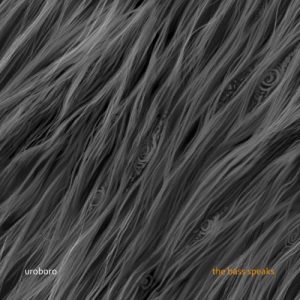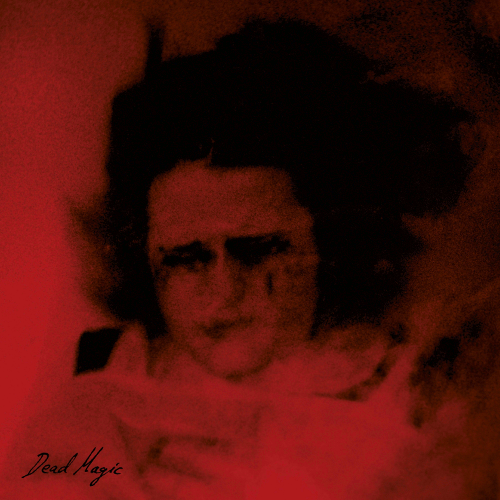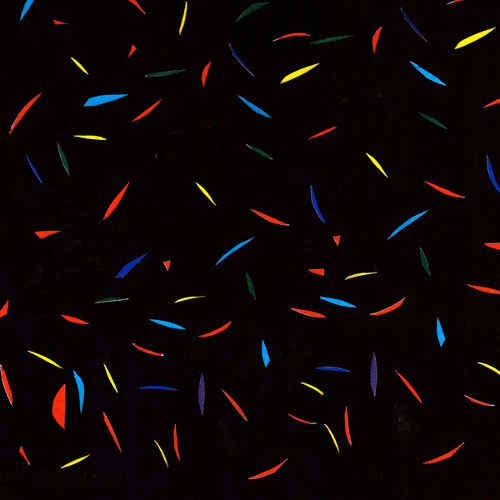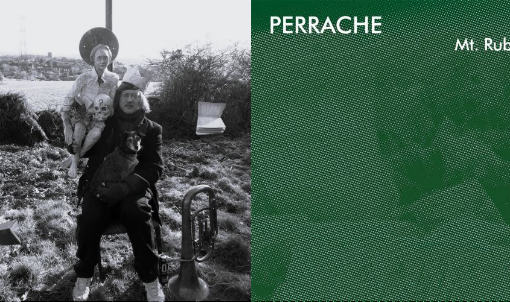 The time has come again for poet / saxophonist / composer Keith Jafrate to unleash the many-headed and never-ending musical creature that is Uroboro and this time, along with Laura Cole, John Pope and the Hunter Brothers, we have Faith Brackenbury and Sylvie Rose adding violin, flute and vocals which gives a very different feel to 2023’s A Story Like Fire.
The time has come again for poet / saxophonist / composer Keith Jafrate to unleash the many-headed and never-ending musical creature that is Uroboro and this time, along with Laura Cole, John Pope and the Hunter Brothers, we have Faith Brackenbury and Sylvie Rose adding violin, flute and vocals which gives a very different feel to 2023’s A Story Like Fire.
The album is again spread over two discs and the running time is a little under two hours. Recording took place at the Old Cowshed in Riddlesden and somehow they managed to accomplish everything here in three days, which considering the many moods and undulating, meandering freedom, is miraculous.
Once again Keith’s thoughtful and considered voice gently rambles across the opening as the players warm up and introduce themselves. His words are the backbone of the album, but the gathered sounds from the players flow around the words like water spilled across a tile floor, with the piano rippling and the guitar scattering. The sounds echo and shimmer, setting off chain reactions as the players receive and interpret. Keith’s sax flutters frantically, translating the atmosphere as if words are only capable of so much. It is expressive and the interplay with Anton Hunter‘s guitar is fascinating, the tones similar.There are different gatherings depending on what the song needs as the wallowing, reverby guitar pairs with understated piano to lead a new adventure. It feels as though everything is possible and when Sylvie’s pure yet edgy voice appears, it is the counterpoint to Keith’s mellower tones. There is a subdued wildness to her delivery and as we wait for the music to gather steam, undulating piano and sax gently guide. Johnny Hunter‘s drums can add a swagger when needed; there is a purpose to the rhythm here, with the guitar and piano more forceful, each artist seeming to pick the perfect moment to let loose and add extra texture. with even Sylvie’s voice starting to stretch the bounds.
The length of the pieces allows this unfolding to take place at a natural pace with nothing under ten minutes and although the overall feel is pastoral, there are still some sharp edges exposed, warning the listener to be careful. Towards the end of the first disc, romantic piano links with cavorting bass and the heights they reach for are dizzying as Keith’s voice roams far and wide, watching the clouds, its jazzy freedom matched by the support of the players. John’s bass seems to weave in and out of all this, sprinkling a little dust as it goes and leading the surreptitious progress towards the finale. The second disc has the added bonus of Faith Brackenbury on voice and violin, and the pairing of Faith and Sylvie is a diaphanous delight. Subtitled ‘The Bass Speaks”, John’s bass is more prominent here, deep and earthy, a natural sound that underpins everything. Keith’s delivery is spoken in this section, but he injects much drama to the words and it makes an even greater counterpoint to Sylvie and Faith’s dreamlike ululations. The players innately understand the fleeting nature of the sounds and offer their parts accordingly, with Faith’s violin an extra treat.The interplay is ever-evolving and the typewriter rhythm that Anton sets up creates a certain hypnotic tension to which the others react and are then drawn down unfamiliar paths. These fresh opportunities are opened up for one section and then are reset for the next piece, and a whole other mood engaged. Sylvie’s flute lends a more sylvan setting, leading John’s bass to a woodland glen. The pretty but ancient tone in league with Faith’s violin spreads a blanket out for our comfort as they scatter petals in the river and watch their gradual progress downstream.
We have absolutely no idea what to expect as each new section starts, so it is best to just immerse yourself and trust to their natural flow. Words are repeated as the backdrop changes with the sounds constantly refracting, pushing and caressing while the violin and bass interact. The bass tone warms the heart and soars like a heavy seabird just above the waves, the ease with which it manoeuvres belying its size. Towards the end, when everyone is involved, there is a feeling of subtle joy and as Keith repeatedly intones “I can do no harm, I can bear no grudge”, the group settles back comfortably completing one another’s sentences until a natural conclusion arrives.Once again, Uroboro set new standards on what we can expect from an improv gathering which feels more like a series of extended conversations between good friends. It is a joy to be part of and thoroughly recommended.
-Mr Olivetti-



